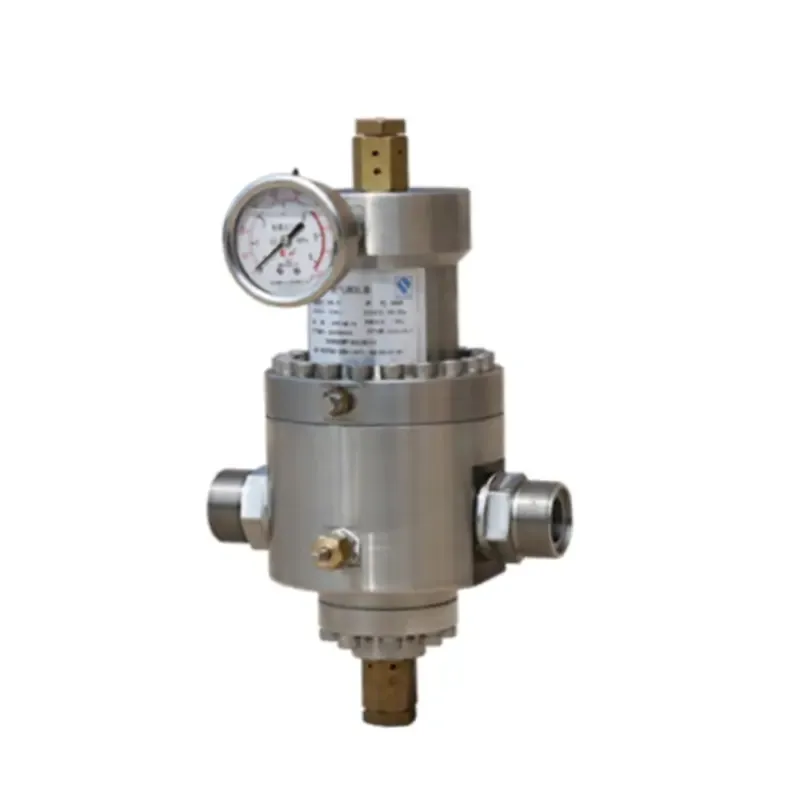
Sep . 24, 2024 20:06
Back to list
أنبوب الضغط
Understanding Pressure Pipes An Essential Component in Engineering
Pressure pipes play a critical role in various engineering applications, serving as vital conduits for transporting liquids and gases. These pipes are designed to withstand high pressures and often operate in demanding environments, making them essential in industries such as water supply, oil and gas, chemical manufacturing, and many others.
What Are Pressure Pipes?
Pressure pipes are specialized tubes engineered to handle internal pressure without deforming or rupturing. They can be made from various materials, including metals (such as steel and copper), thermoplastics (like PVC and PE), and composites. The choice of material largely depends on the application requirements, including the type of fluid being transported, the temperature and pressure conditions, and regulatory standards.
Key Characteristics
1. Pressure Ratings Each pressure pipe has a specific pressure rating, which indicates the maximum internal pressure the pipe can safely handle. This rating is determined by factors such as the material's tensile strength, wall thickness, and the pipe's diameter.
2. Durability To ensure long-term performance, pressure pipes must resist corrosion, abrasion, and other environmental factors. Advanced coatings and treatments are often applied to enhance their longevity.
.
Applications of Pressure Pipes
أنبوب الضغط

Pressure pipes are ubiquitous in various sectors
- Water Supply Systems In municipal water supply and wastewater management, pressure pipes transport water from treatment plants to consumers. These pipes are often buried underground and need to withstand both internal pressure and external soil stresses.
- Oil and Gas Transportation Pressure pipes are extensively used in the oil and gas industry to transport crude oil, natural gas, and refined products. Given the high pressures involved, these pipes must be constructed with high-strength materials to ensure safety and efficiency.
- Chemical Processing In chemical manufacturing, pressure pipes are required to move various chemicals under specific temperature and pressure conditions. Their design often includes additional safety features, considering the potential hazards associated with transporting corrosive substances.
Standards and Regulations
The use of pressure pipes is governed by various international and local standards to ensure safety and reliability. Organizations such as the American Society for Testing and Materials (ASTM) and the International Organization for Standardization (ISO) provide guidelines on materials, testing methods, and installation practices. Compliance with these standards is essential for preventing accidents and ensuring the integrity of the systems in which these pipes are used.
Conclusion
In summary, pressure pipes are an integral part of modern infrastructure and industrial processes. Their ability to safely convey fluids under high pressure makes them indispensable in numerous applications, from drinking water systems to complex chemical processing. Understanding the characteristics, material choices, and regulatory requirements associated with pressure pipes is crucial for engineers and industry professionals. As technology advances, ongoing innovations in materials and design will likely improve the performance and safety of pressure pipes, contributing to more sustainable and efficient industrial practices.
Latest news
-
Safety Valve Spring-Loaded Design Overpressure ProtectionNewsJul.25,2025
-
Precision Voltage Regulator AC5 Accuracy Grade PerformanceNewsJul.25,2025
-
Natural Gas Pressure Regulating Skid Industrial Pipeline ApplicationsNewsJul.25,2025
-
Natural Gas Filter Stainless Steel Mesh Element DesignNewsJul.25,2025
-
Gas Pressure Regulator Valve Direct-Acting Spring-Loaded DesignNewsJul.25,2025
-
Decompression Equipment Multi-Stage Heat Exchange System DesignNewsJul.25,2025

